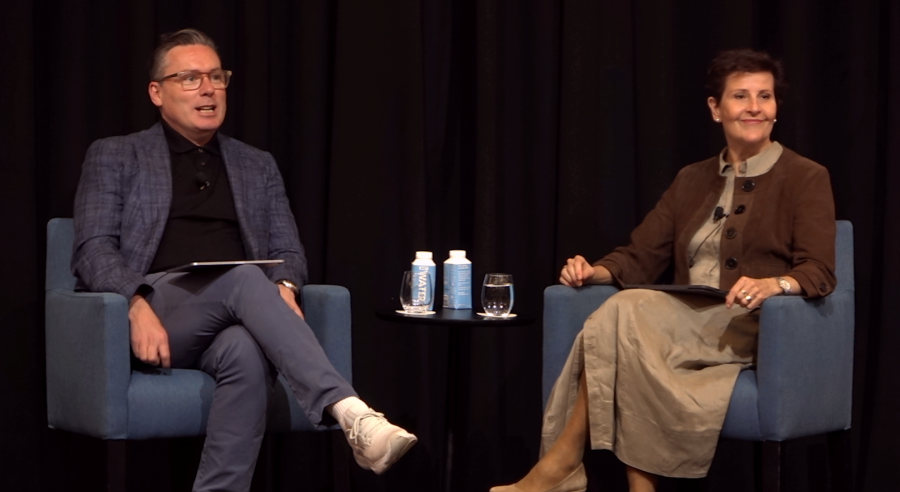Speaking at the BPD Annual Conference, Medicines Australia chief executive Liz de Somer said she would have preferred a more transparent HTA review process, that the association has an ambitious reform agenda and is planning for every scenario.
Speaking on day one of the conference, Shadow Health Minister Senator Anne Ruston said the enduring challenge for reform is the need to 'pay for it'.
In response, Ms de Somer said the industry had delivered "down payments on reform" through successive agreements.
"Have we achieved the level of ambition that we want? Not yet. Are we naive to the fact about whether there will be the conversation about fiscal consolidation and expenditure and savings? No, we're not naive to it. Are we thinking it through about what that might mean for us for the broader health portfolio, for other portfolios where savings might be derived? Of course. Of course, we are," she said.
Ms de Somer was a member of the Health Technology Assessment Review reference committee, which required its members to sign non-disclosure agreements.
"I don't think we needed to have confidentiality agreements to review a public health program. Unfortunately, that was a condition of entry, we needed to be at the table, and so we paid the price of that condition of entry."
She said, "We expanded those agreements as much as we could so that we could talk to as many members as we could about what was going on in the reference committee. So, every member of the board [Medicines Australia] signed a confidentiality agreement with the Commonwealth and some selected senior members of the industry with specific expertise, so that I could take the conversations outside of that room and get the advice I needed. But do I think it needed to be bound by confidentiality? No, I don't."
Ms de Somer said that while she does not believe the confidentiality undermines the review's legitimacy, the association believes its final report should be shared as soon as possible.
Ms de Somer said Medicines Australia believes there is a political appetite for reform to accelerate funded access to health technologies.
"I think there is a strong political will to listen to what the community wants, and health is still number two on their most important things," she said.
"We also know that good innovative healthcare creates efficiencies which creates savings across other parts of the health and other portfolios."
Medicines Australia's current strategic agreement with the Commonwealth in 2027. Ms de Somer said it is planning for a range of scenarios, including a new agreement.
"We learn from every single one of them, and we prepare for what may happen next all the time and whether we should have them."



